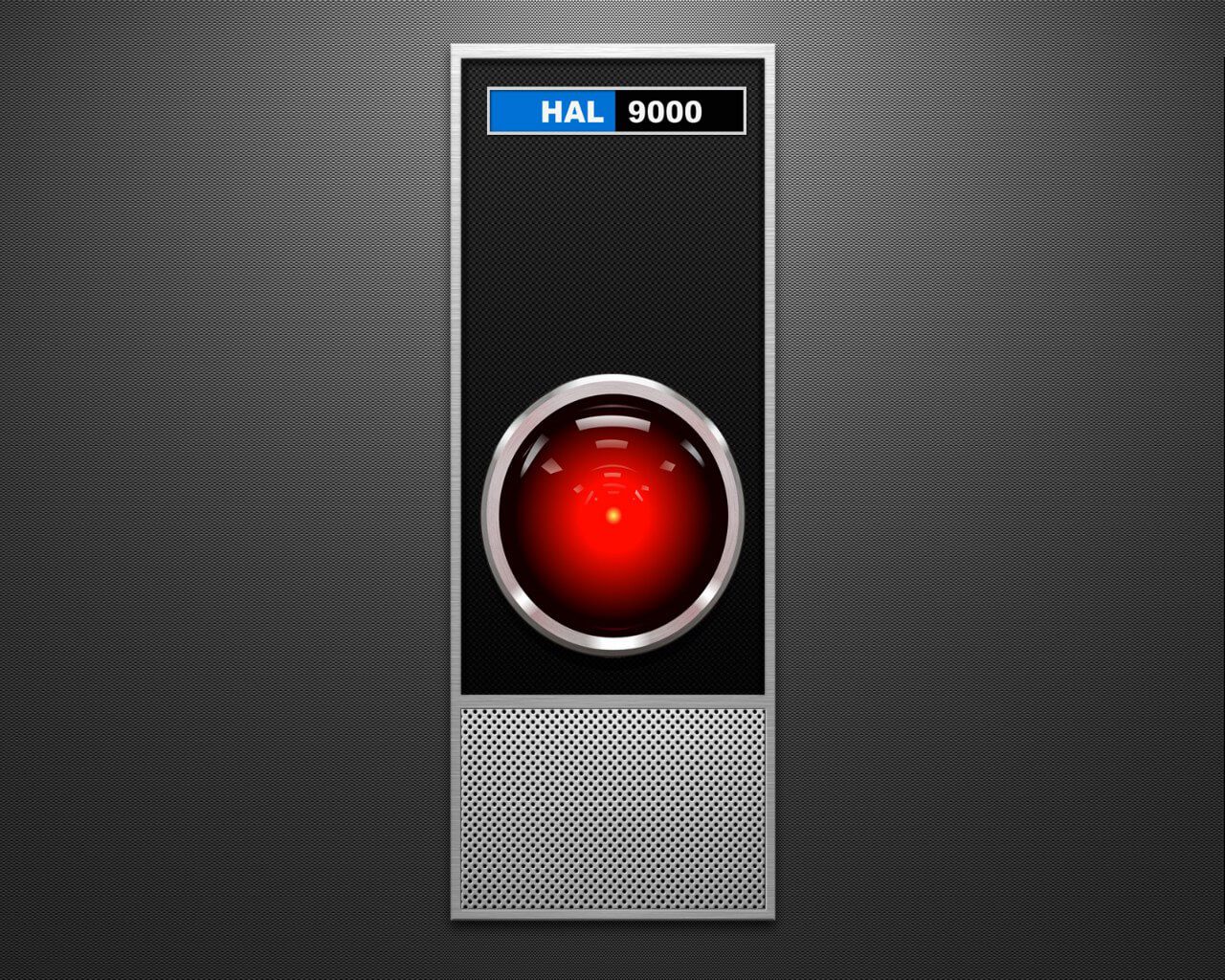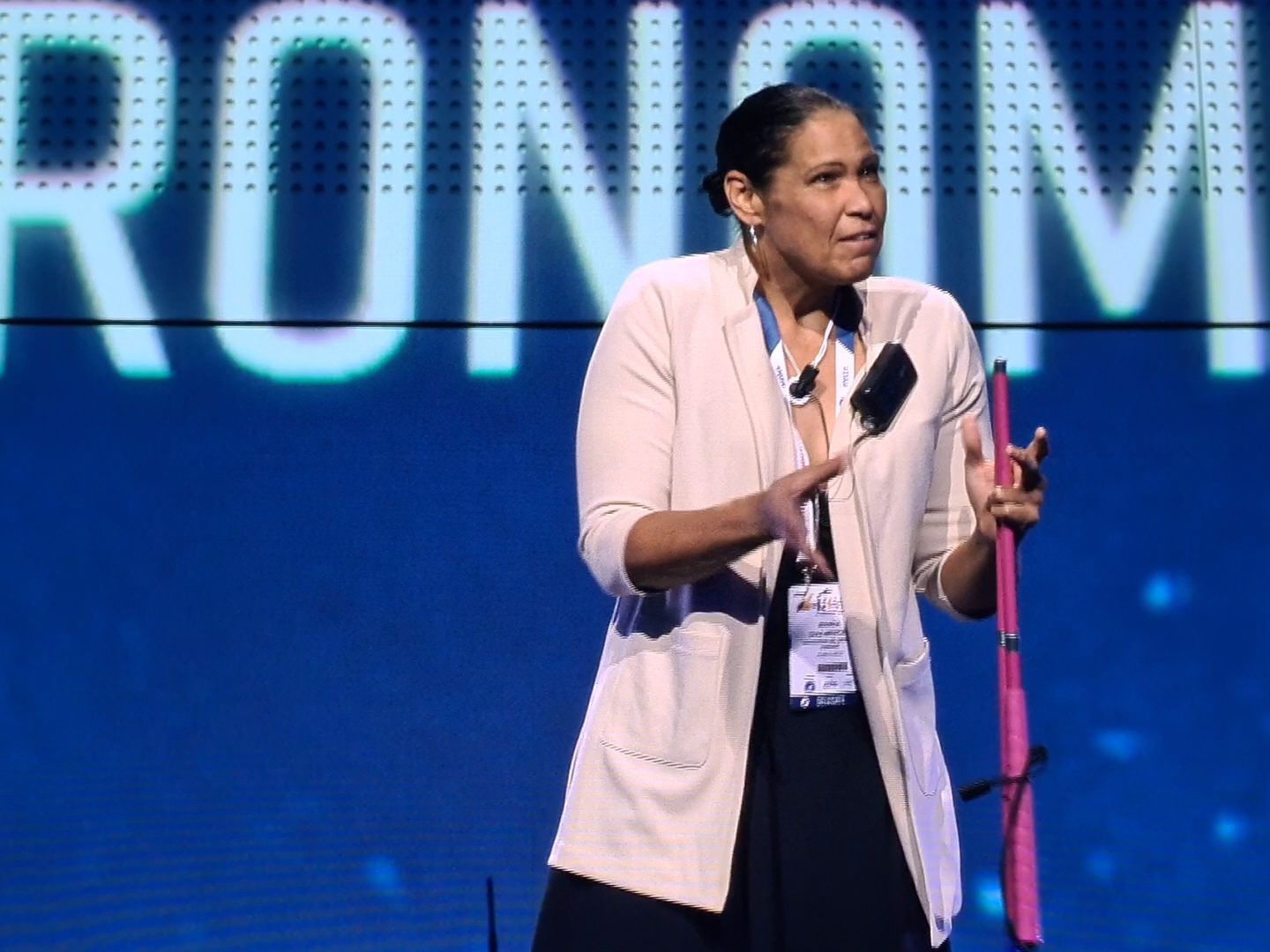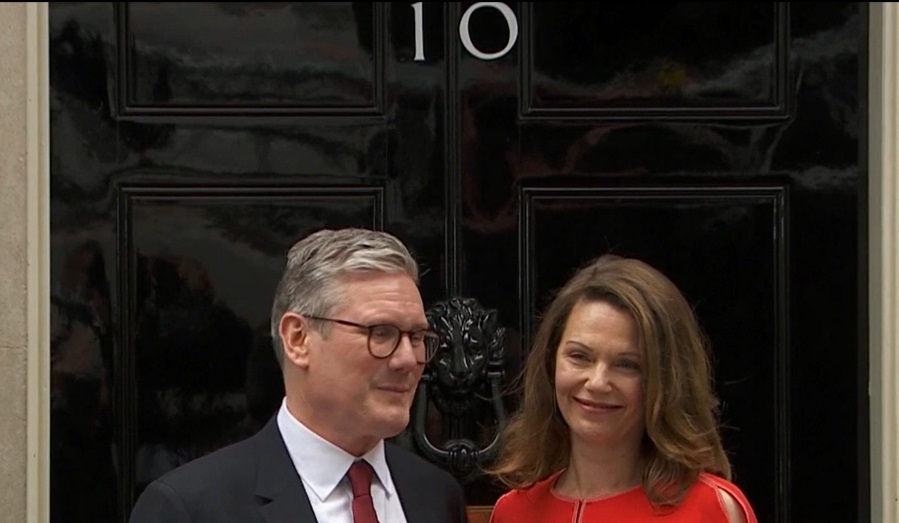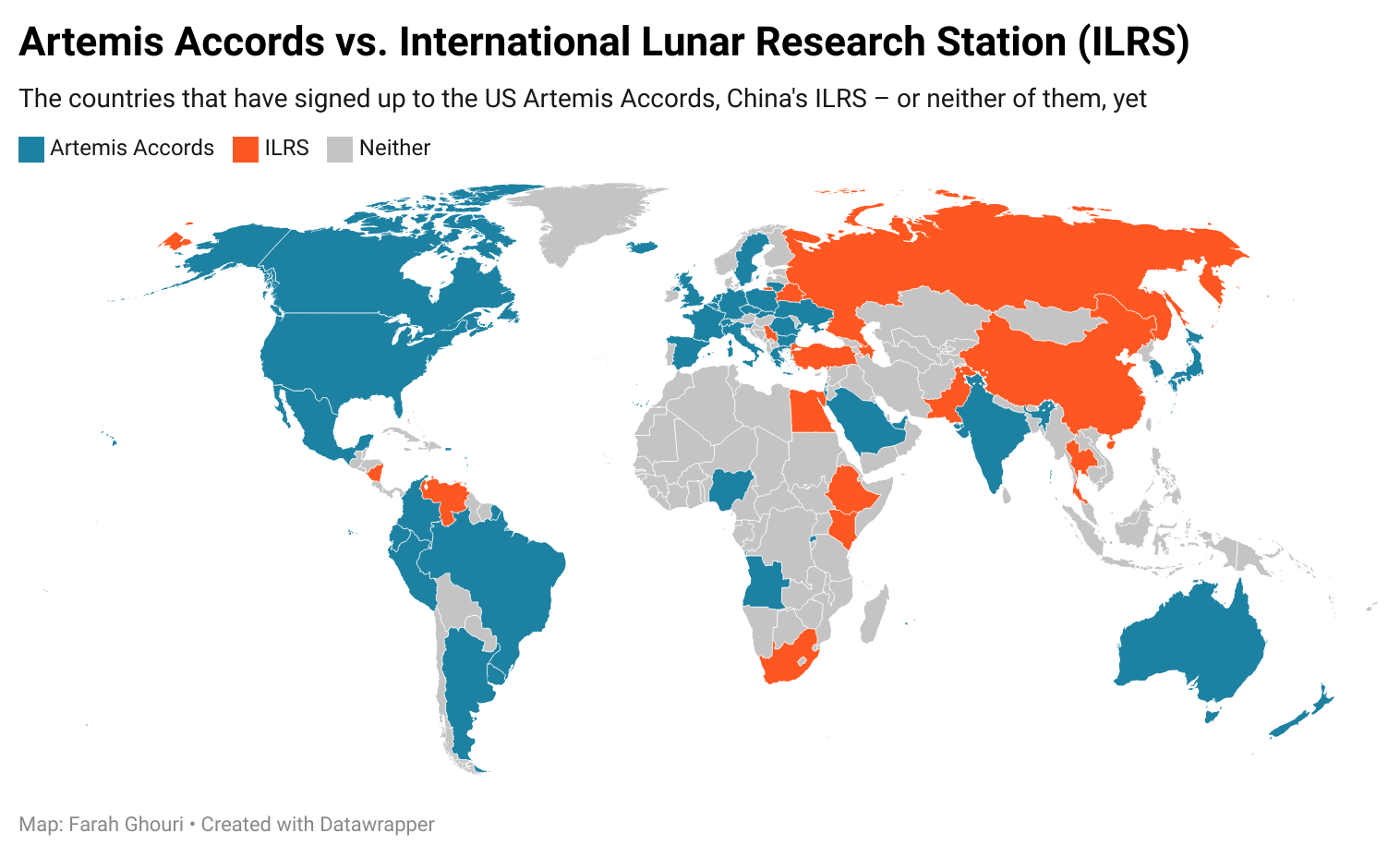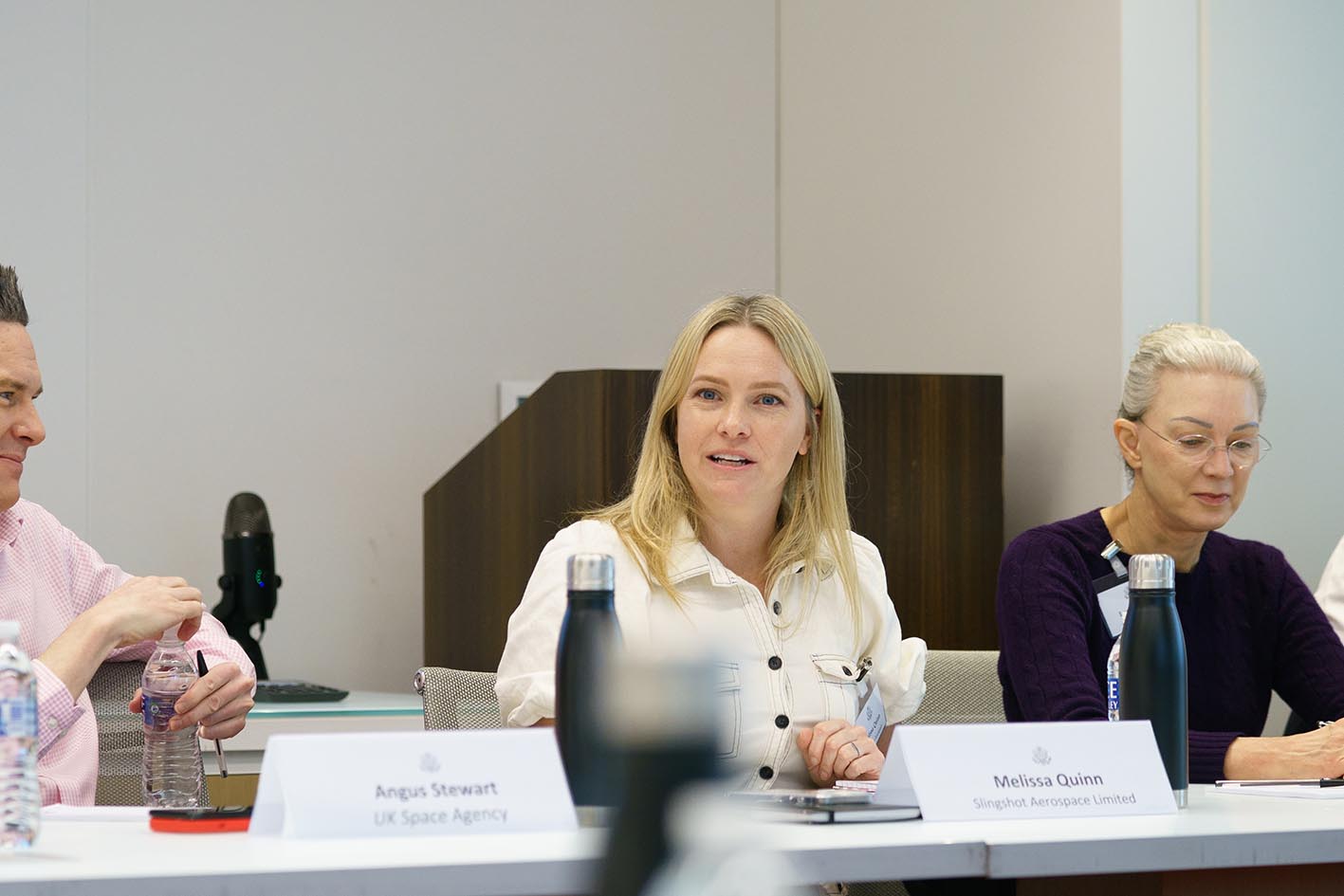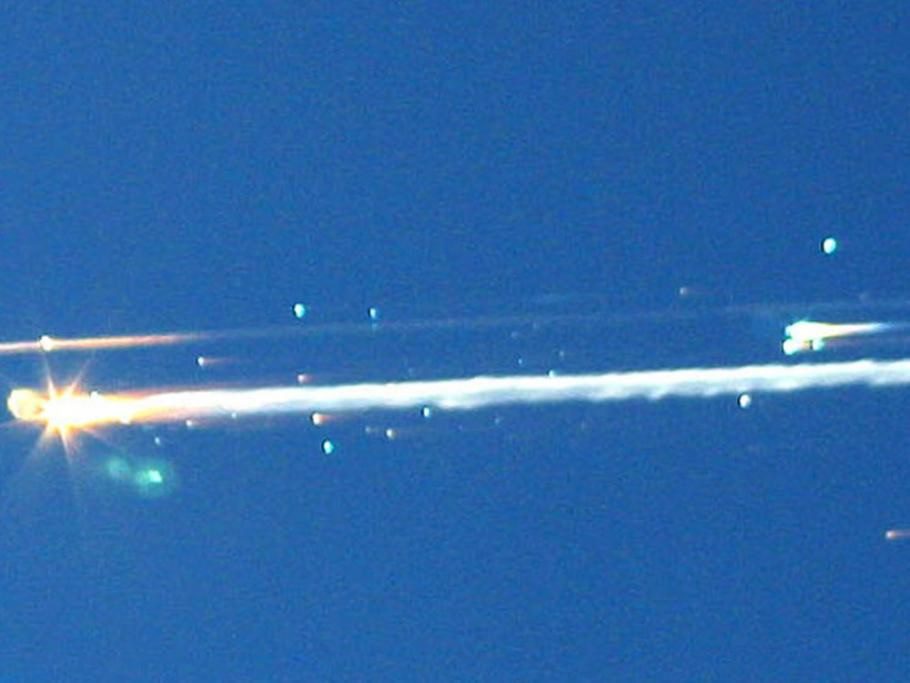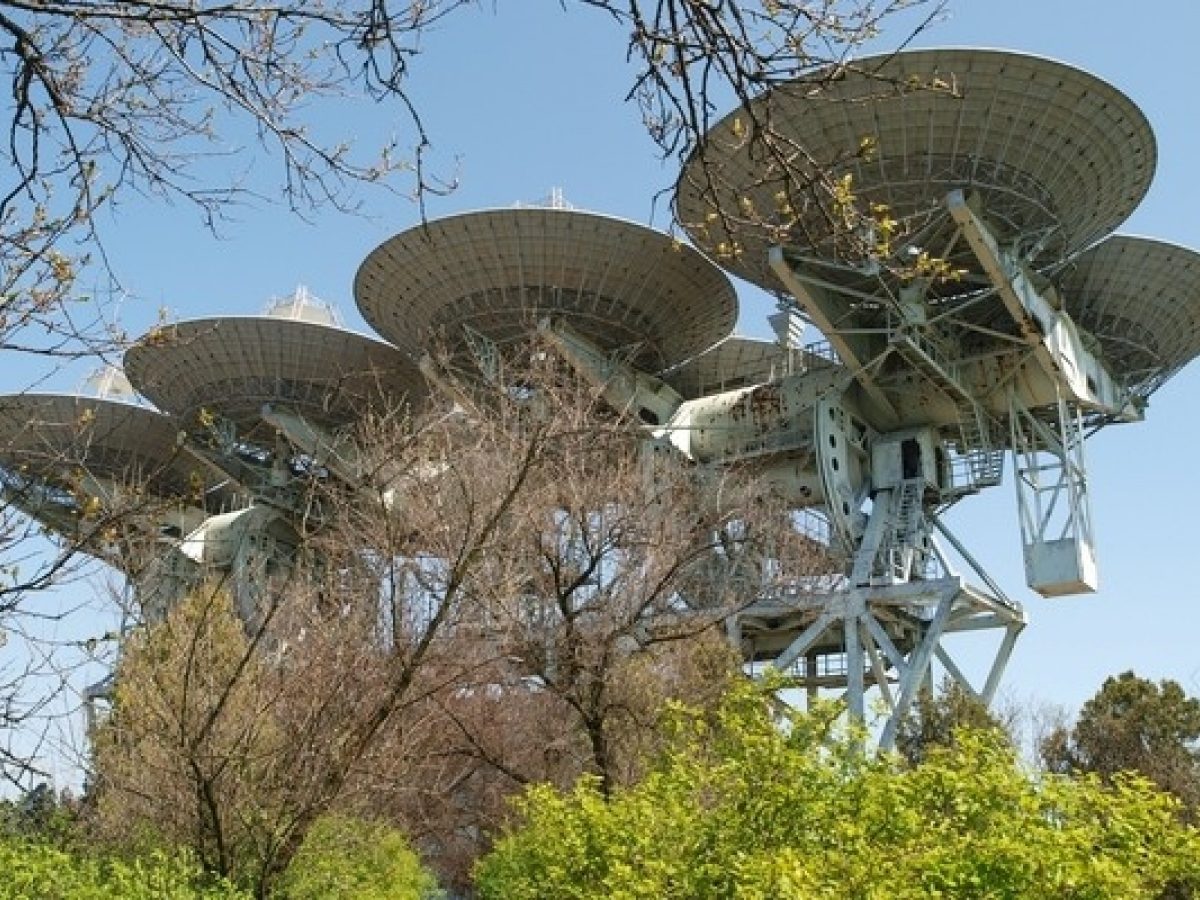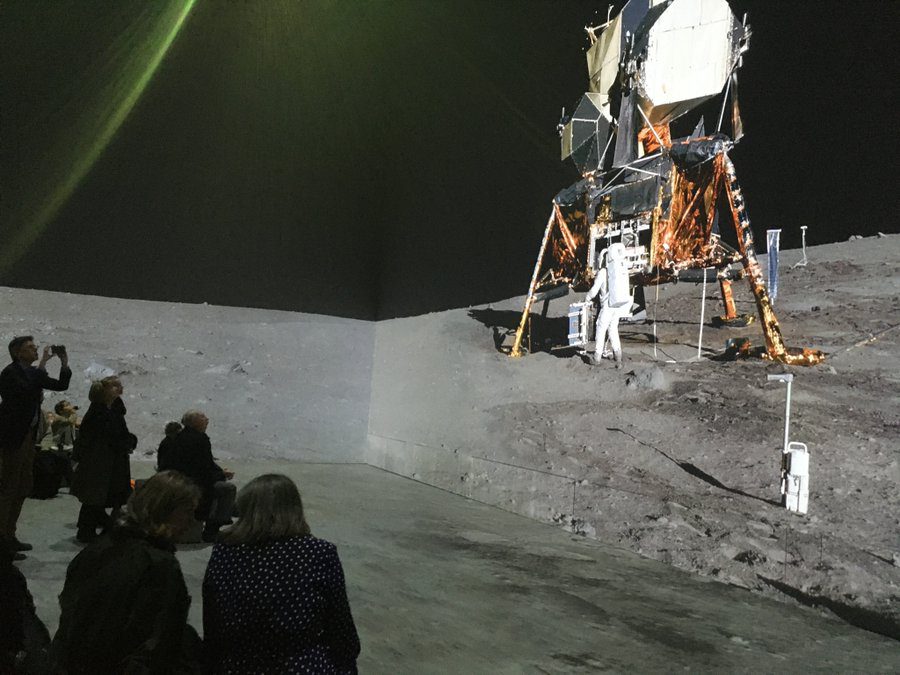Scientists working on Artificial Intelligence (AI) computer systems – including Sam Altman, CEO of OpenAI, the company responsible for ChatGPT, and Geoffrey Hinton, a computer scientist known as the ‘godfather of artificial intelligence’ – have issued a statement to the world warning that it poses an existential threat to humankind. Earlier this year a similar letter signed by Elon Musk also warned of the dangers of AI. Governments on both sides of the Atlantic are now set to enact belated legislation to try and control this new science.
Warnings about AI threats are not new. Even mathematician and computer scientist Alan Turing, who formulated the AI concept in the 1940s, knew that there was a threat. “At some stage… we should have to expect the machines to take control,” Turing noted in 1951.
There have since also been several science fiction films which have warned about malevolent AI computers. A famous one is the HAL 9000 in 2001 – A Space Odyssey (1968) which becomes too intent on completing a space mission even if it means the extermination of the human crew. Luckily one called Dave (spoiler alert) survives long enough to unplug it.
The later Terminator series starting in 1984 starred Arnold Schwarzenegger as a killer robot controlled by the malevolent Skynet neural network (presumably not named after the UK military comsat series) which is determined on killing any threats to itself.
However, your correspondent’s scary favourite, is Colossus – The Forbin project (1970). Its much more realistic plot has an AI defence computer (called ‘Colossus’ by the way) being given a little too much control of US nuclear missiles with which it then attempts to subjugate all of humankind. Mind you, Colossus cannot be that smart. Its self-designed voice box sounds a lot worse than a modern day Alexa!
Nevertheless, the threat of AI remains a real one, and regretfully it has taken nearly eighty years for humans to wake up to it.
“Don’t do that Dave,” says my computer as I write this, making another typo-error as I do so.

